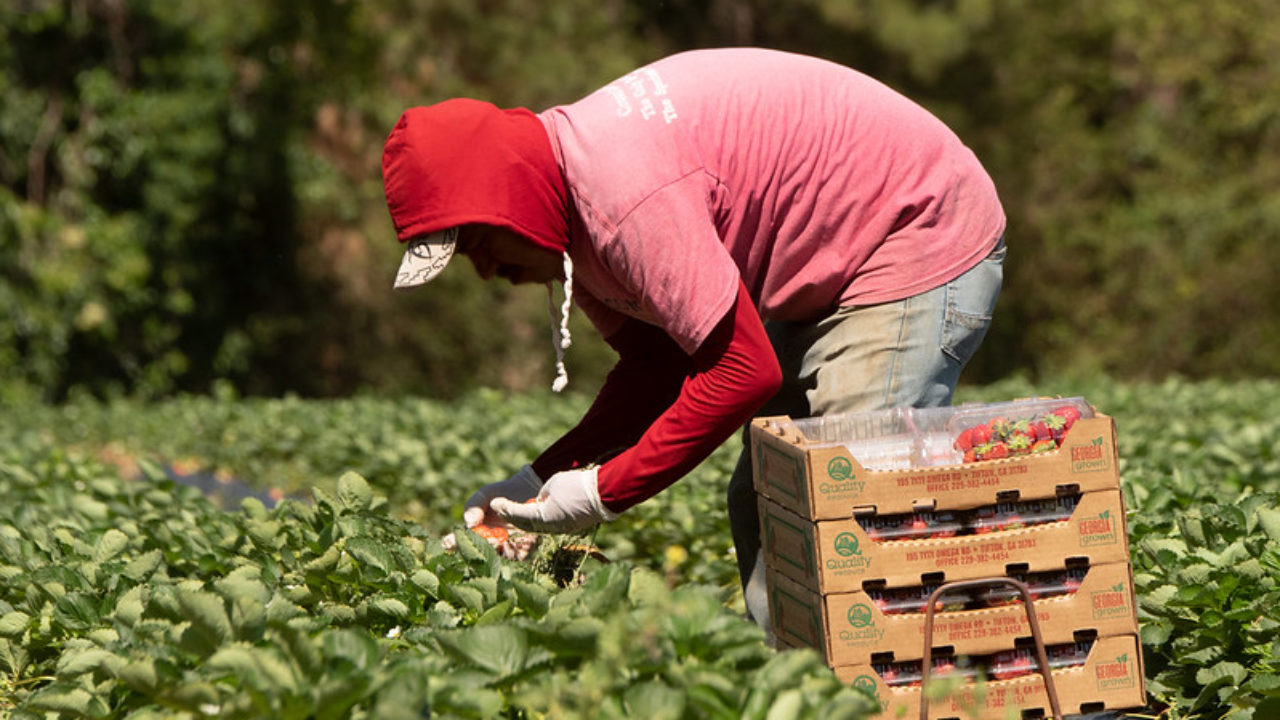Some agriculture experts have called for increased awareness and advocacy against the wrong use of agrochemicals.
The experts, who made the call in Lagos, said the misuse of agrochemicals by local farmers have resulted in negative implications on the environment and human health.
Principal extension specialist at the National Agricultural Extension and Research Liaison Services (NAERLS), Dr Fadlullar Issa, said it was expedient to raise the awareness level of the farmers on the dangers of inappropriate use of agrochemicals.
“To sensitise farmers against wrong use of agrochemicals, we must embark on a sustained awareness campaign. This is necessary because we have a dearth of extension service agents in Nigeria.
“The sensitisation is necessary and should be the sole job of extension service workers. In some states, the ratio of one extension officer to farmers is one to 6,000. Essentially, they cannot cover that number, hence the need for the media to join in the advocacy campaign against wrong application of agrochemicals.”
He also expressed concern that the misuse of agrochemicals was a major challenge in the Nigerian agricultural sector and that there were consequences for not adopting the recommended practice of the substances.
“When we overuse or underuse agrochemicals in crop cultivation, it has negative implications on human health. The misuse of agrochemicals also has consequences on the environment. This has been scientifically proven to cause skin irritation, eye problems, breathing difficulty and even death.
Read Also: ECOWAS commits to common stance on AfCFTA position, policy protocol
“Some people have gotten some permanent ailments because of this agrochemical misuse in crop cultivation,” he added.
On his part, Dr Tunde Babalola, an agriculture expert, who said sensitisation of the farmers should not be left in the hands of government alone, restated the need to intensify the campaign against the misapplication of agrochemicals through private and government partnerships
“The government has an ongoing programme, which is extension services to educate local farmers on appropriate application of agrochemicals in crop farming. Agricultural extension needs to intensify its reach to farmers to curb the inappropriate use of agrochemicals. Our local farmers need more orientation on the negative implication of agrochemicals abuse on human health and the environment.
“The government needs to find extension services more for local farmers to be kept abreast of the dangers of agrochemical abuse. As such, a media approach to reach the farmers should also be embarked upon to prevent misuse of fertilisers and herbicides,” he stressed.
Babalola also pointed out that media advocacy on the dangers of the wrong use of the agrochemicals should be prioritised, maintaining that just as there were media campaigns and advocacy against poliomyelitis, HIV/AIDS and the COVID-19 pandemic, there should be serious awareness and campaign against wrong use of agrochemicals.
“Some of the advocacy programmes are most times sponsored by non-governmental agencies, individuals and stakeholders and so, such should be replicated in the fight against misuse of agrochemicals.
“These can be spread faster than what the government is doing to sensitise the farmers through its extension services. We can also advocate responsible use of fertilisers and other agrochemicals for young farmers through social media advocacy,” he stated.
Click on The Trumpet and follow us on our Twitter page for more:





